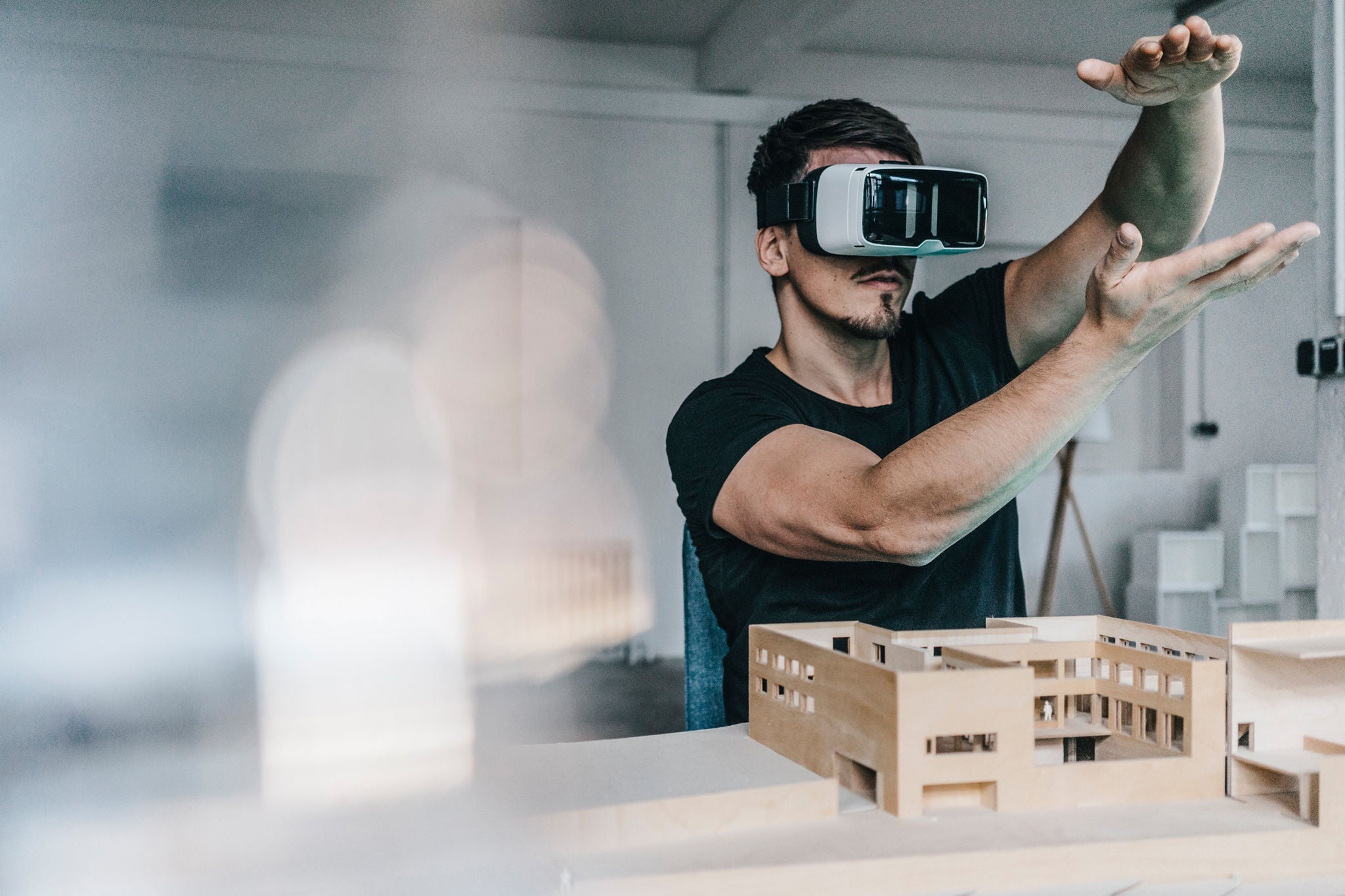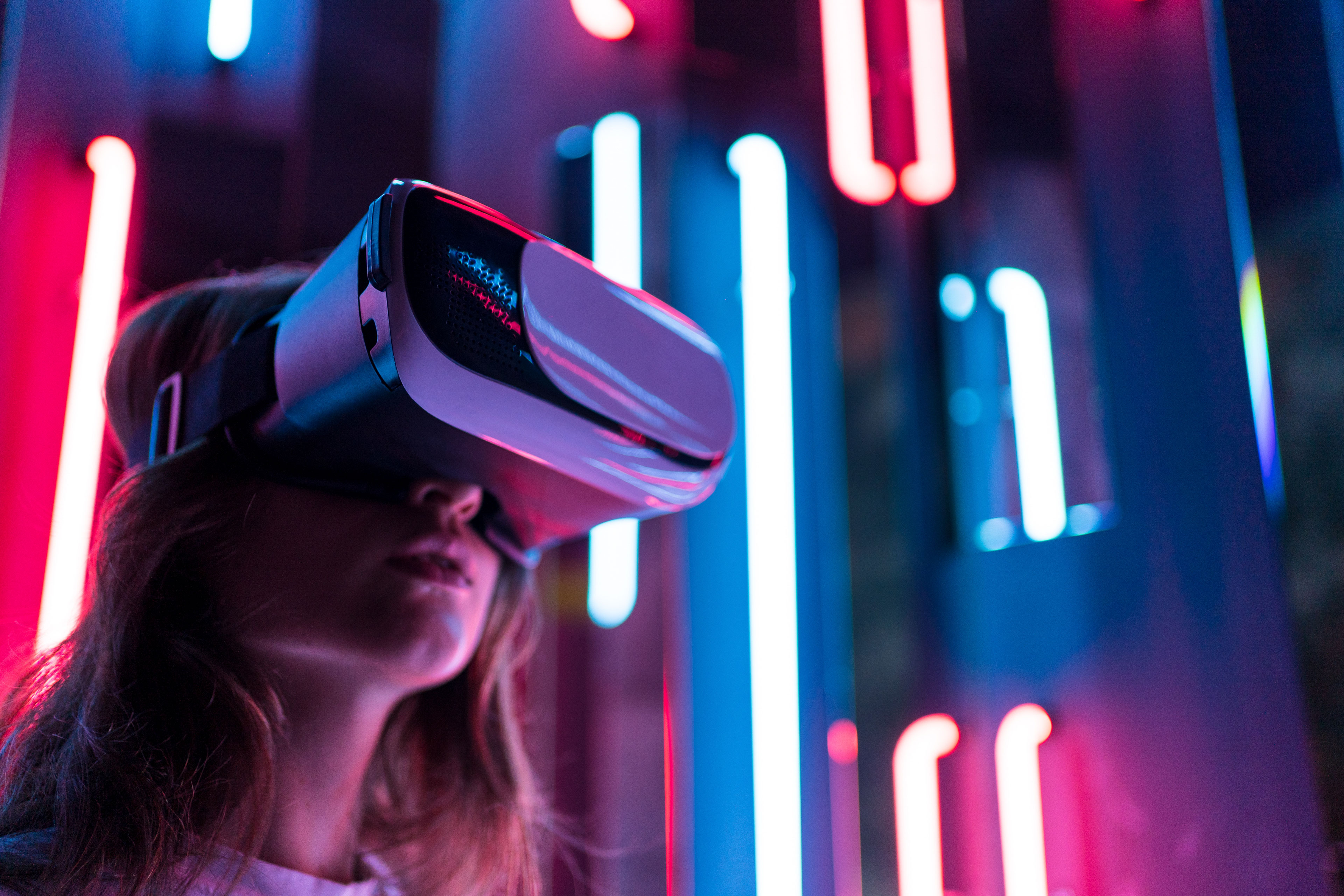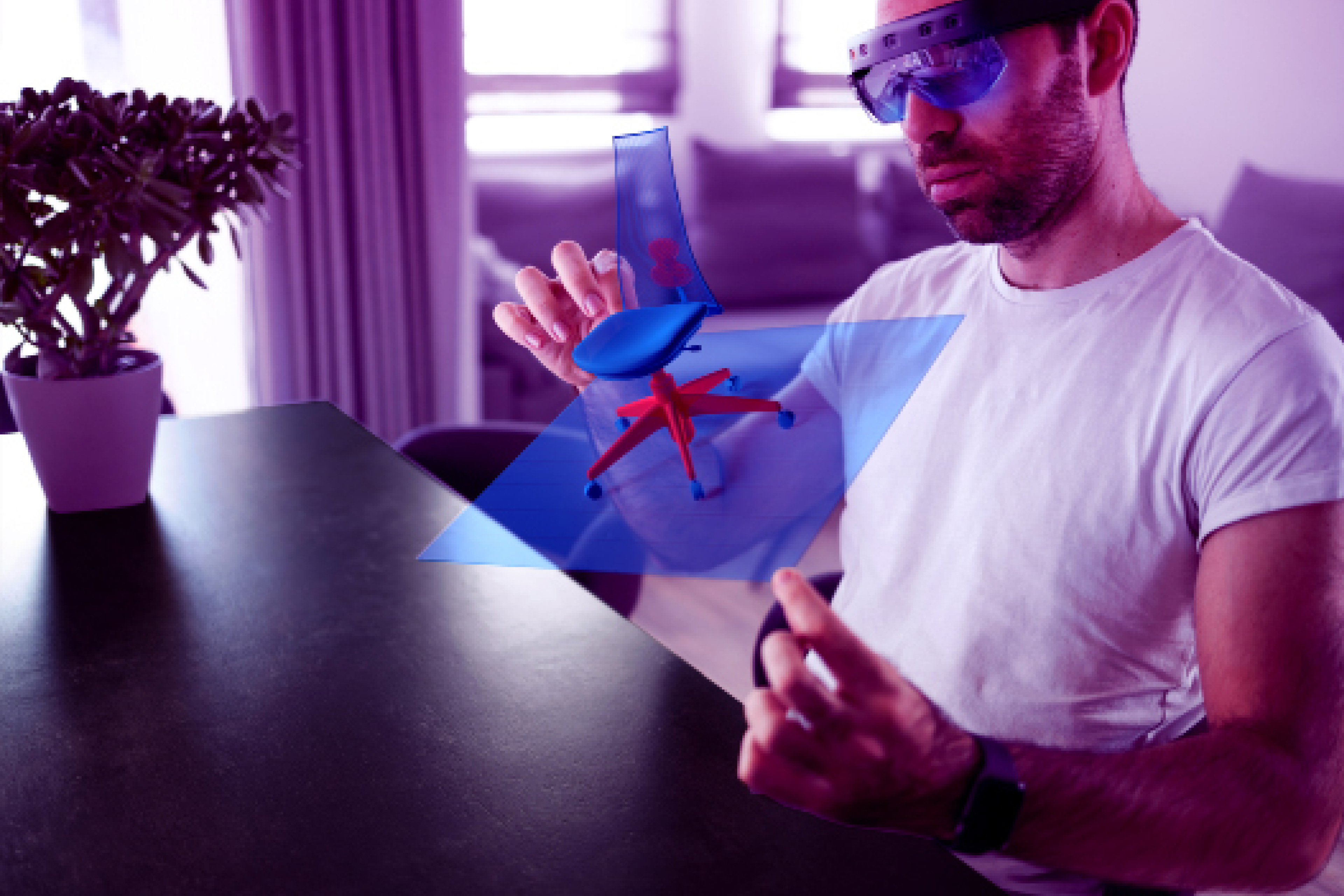EY refers to the global organization, and may refer to one or more, of the member firms of Ernst & Young Global Limited, each of which is a separate legal entity. Ernst & Young Global Limited, a UK company limited by guarantee, does not provide services to clients.

The advent of the metaverse is set to transform every aspect of our lives, and businesses and governments need to prepare for it now.
In brief
- The metaverse will simulate physical presence and open up new vistas for business and public service delivery.
- The ability to trial products without even producing a prototype will open up new markets and facilitate a new wave of disruptive competitors.
- The immense data collection capabilities of metaverse technologies will present a new set of challenges for regulators.
Consider the possibility of hosting a meeting with colleagues physically located in different parts of the world but virtually present in the form of 3D avatars in the Aviva Stadium in Dublin. Or being able to try on clothes in a virtual store to find the right fit and style for you without leaving your armchair. Or even designing and test marketing a new car without the need to even build a prototype, let alone go into mass production.
These are all examples of the massive potential held out by the metaverse, the shared three-dimensional virtual world where people interact with objects, the environment and each other through digital representations of themselves.
Up until now, online platforms have enabled us to simulate many offline activities, but they are unable to substitute physical presence. The metaverse aims to bridge this gap by creating a tactile, sensorially immersive experience that delivers the feeling of being present without requiring physical presence. In effect, we will not just be on the internet, we will be in it.
This will demand a radical shift in companies’ approach to customer engagement, branding, product development, innovation and ultimately their entire business model. We are already seeing retailers sell clothing and shoes for avatars, manufacturers creating digital twins to optimise factory performance, and organisations using the technology to conduct interviews and onboard new recruits.
Governments are beginning to realise the potential for deeper interactions with citizens in areas such as education and culture. Some countries are combining artificial intelligence (AI) with digital replicas of physical environments to predict the spread of wildfires.
These examples provide a glimpse into the astonishing possibilities offered by the metaverse. But there are also potential pitfalls. The challenge for businesses, governments and society in general is to successfully navigate the transformed environment created by this immensely powerful new technology.
It’s time for a reality check
As we begin the journey into this new world, five key questions emerge:
1. How will the metaverse transform businesses?
Irish businesses need to ask themselves what investments they should make today to be ready for the metaverse when it arrives. Similar to digital transformation, the metaverse has the potential to become a breeding ground for a new set of competitors, new markets, new customer preferences and new business models. Businesses need to start factoring this into their medium- and long-term strategies today.
2. Are regulators ready for the metaverse?
The metaverse is likely to magnify challenges already faced by regulators in areas such as personal data collection and privacy. The virtual and augmented reality devices used to access the metaverse will allow organisations to track and collect highly personal data such as blood pressure and other health indicators. That will require extensive revision of current data regulations and legislation. What will good regulation look like in this new landscape and how can regulators make sure their efforts do not lag behind the technology?
3. How will the metaverse impact human-centred experiences?
Successful experiences in the metaverse will be contingent on the ability to understand and adapt to changing customer behaviours and expectations. Furthermore, as customers journey through the metaverse, trust will become even more important. In this context, organisations will need to ask themselves how this will change the way brands design and implement the customer journey, what it will take to deliver trusted experiences, and how will customer engagement and loyalty will be redefined.
4. How will the metaverse affect sustainability efforts?
Making the metaverse a reality will require a vast new technology infrastructure and it will necessitate the adoption of resilient, net zero solutions. The shift to a virtual world could, on the one hand, reduce physical resource consumption and greenhouse gas emissions but the electrical power required by the expanded infrastructure could offset many of these gains. At the same time, the metaverse could transform our ability to model the physical world offering deeper understanding of our environmental impacts and enabling better decisions on mitigation. There is also a philosophical question to be considered - if the metaverse makes us value the virtual world more than the physical, will it move us to care less about the environment?
5. Will the metaverse develop differently in different countries and regions?
Although globally recognised standards will emerge over time to enable interoperability, governments around the world will likely intervene in the implementation and operation of the metaverse in the same way as they have done with the internet. Organisations must ask how this will impact on the evolution of the metaverse and on their global operations which utilise it. At the same time, the global decentralisation movement - which seeks to free the internet and the metaverse from Government and corporate regulations - is gaining traction. What implications might this have on future of business models and corporate structures?
Summary
We are standing on the threshold of a transformative technological epoch. This will demand a new approach to every sphere of human and business activity. Businesses, governments, and civic society will need to gain an understanding of the full implications of the technology and prepare accordingly.
Is your business metaverse ready?
How Irish organisations can be metaverse-atile
As we move closer to the enterprise-level adoption and scaling of the metaverse, find out how Irish organisations prepare themselves for it.
How Telecom operators in Ireland can power the Metaverse
The metaverse could create significant opportunities for telecom operators, building on their early advantage and growing services into their extensive customer bases. But it won’t come for free. Read on to find out more.
Why Irish organisations need to think about metaverse security
The metaverse could create an extended risk from a cybersecurity standpoint. Find out why businesses need to move at speed to deploy zero trust.
Metaverse: 5 questions shaping the next frontier of human experience
The convergence of physical and digital in the metaverse presents both opportunities and challenges for businesses, governments and society. Learn more.
How EY can help
-
Discover how EY can help transform your business to navigate disruption with agility, stay competitive in the market and help generate long-term value.
Read more -
EY Studio+ helps organizations build differentiated experiences that adapt with customers and drive sustainable long-term value. Read more on studio.ey.com.
Read more -
Discover how EY's customer engagement services can help your business improve sales & service productivity as well as maximize return on marketing spend.
Read more -
Discover how EY's technology transformation team can help your business fully align technology to your overall purpose and business objectives.
Read more







